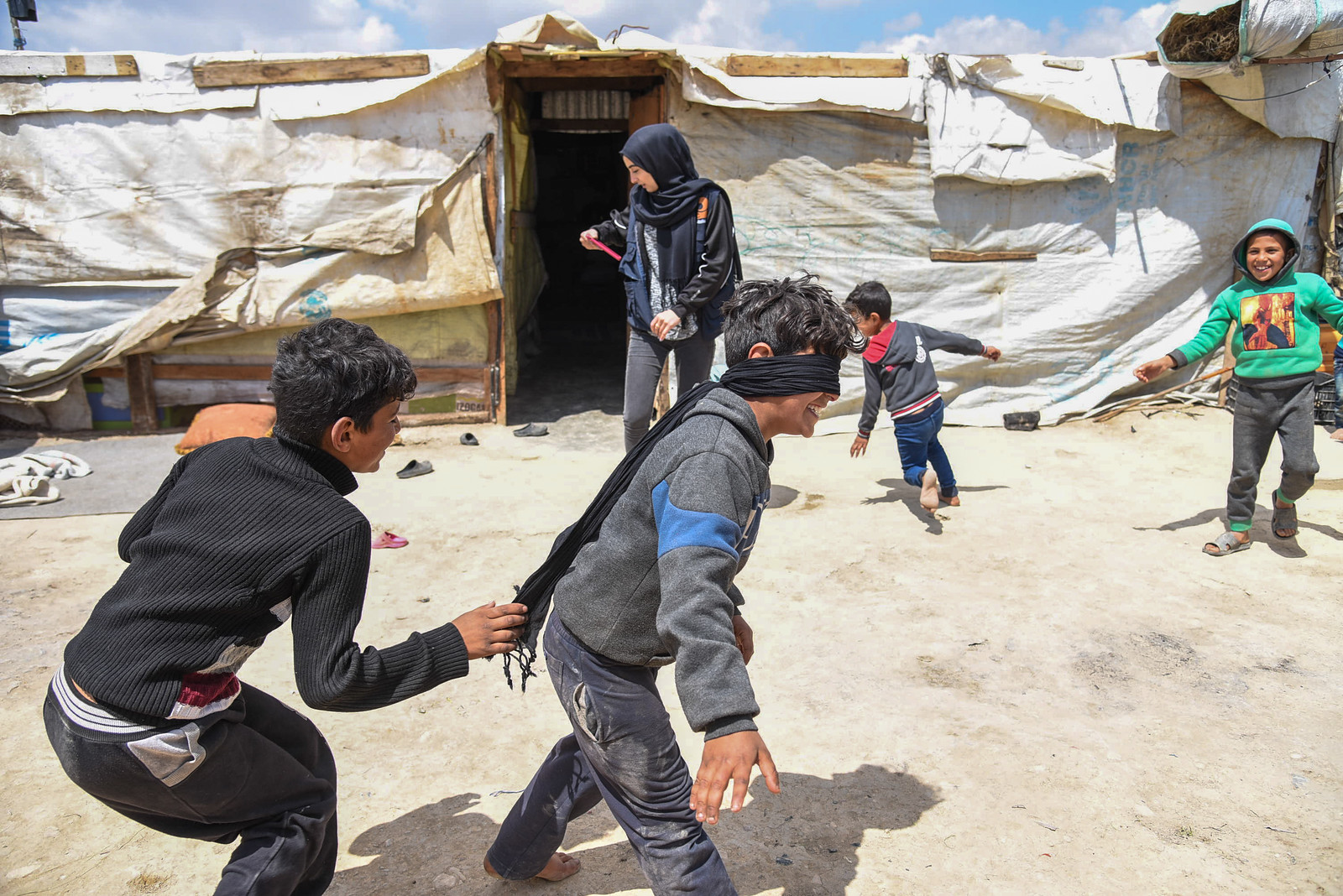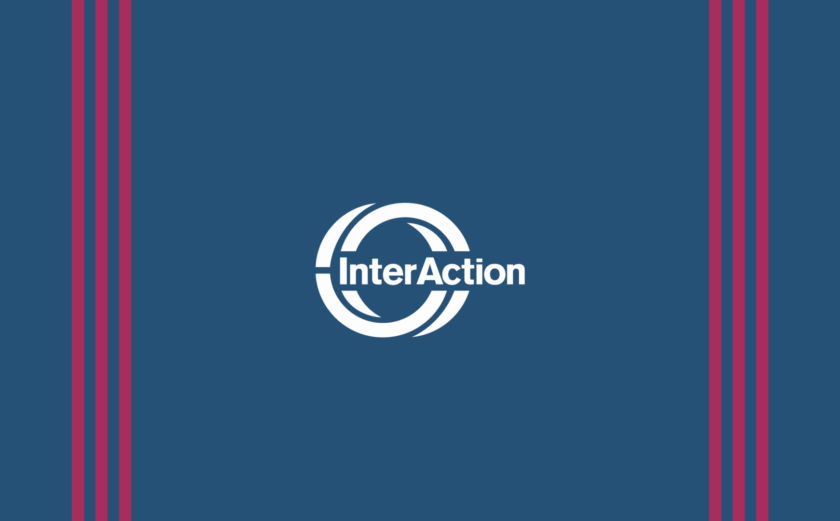
Joint NGO Statement: Urgent Action is Needed By the U.N. Security Council to Ensure Aid Reaches North East Syria
As the United Nations Security Council meets on May 19, 2020 to discuss the humanitarian situation in Syria, a coalition of over 100 NGOs are calling on the Council to take urgent action to ensure that over 1.6 million people receive the aid they need as humanitarian agencies struggle to scale up and respond to COVID-19.
COVID-19 poses a threat to millions of people across Syria, hundreds of thousands of whom are living in life-threatening circumstances in displacement sites and temporary shelters with minimal or no access to healthcare and basic hygiene services. With six COVID-19 cases now registered in northeast Syria, and more likely as yet undetected, urgent action is needed to address the critical gaps in support left by a restriction of humanitarian access, where communities are living in overcrowded temporary shelters.
The Security Council’s decision to authorize cross-border humanitarian assistance to Syria through Security Council Resolution 2165 beginning in 2014 has been a vital lifeline to millions of people across Syria and a unique example of decisive action from the Security Council to support those suffering inside Syria. More than 4 million people in need in Syria remain in areas that can only be meaningfully reached with lifesaving assistance cross-border, including hundreds of thousands in camps in northeast Syria, the majority of whom are women and children.
Yet, as the complexity of needs continues to worsen and humanitarian actors seek to prop up the severely weakened and damaged health infrastructure to prepare for COVID-19, the ability to respond to the threat of COVID-19 across Syria has been severely undermined by the Security Council’s decision in January to remove the vital crossing point Al-Yarubiyah between Iraq and Syria, leaving populations in northeast Syria even more vulnerable to COVID-19.
Extremely vulnerable people in the northeast face erratic water supply and lack access to even basic hand-washing facilities; this reality, coupled with crowded settlements, renders the prevention of COVID-19 transmission extremely challenging.
The capacity of the health system to deal with a large outbreak is severely limited. Only 26 public health centers are fully operational and it has been reported that at least 100 communities across northeast Syria do not have a functioning health facility within a one-hour walking distance. According to the WHO, there are ten adult ventilators and one pediatric ventilator in the entirety of the northeast and only two doctors trained on ventilator use. This stark and potentially deadly situation for healthcare in the northeast severely limits the likelihood of saving lives and flattening the COVID-19 curve.
It is a tragic reality that the biggest impact of the restriction of access to northeast Syria through Al-Yarubiyah in January has been on the provision of healthcare services and delivery of medical supplies. Medical supplies no longer being delivered by the U.N. include emergency health kits, emergency reproductive health kits that supported 50,000 women and girls and water purification for 30,000 people. It also led to the loss of millions of dollars in funding for NGOs, leaving major gaps in critical areas of the humanitarian response particularly in health. NGOs in the northeast are struggling to procure and import sufficient PPE and are unable to access WHO’s regional contingency stock that has supplied at least 75 countries.
As the potential impacts of COVID-19 further raises the spectre of catastrophe for Syrian civilians, addressing gaps in the provision of principled humanitarian assistance and ensuring timely and sustained humanitarian access will be essential to meet life-saving needs now more than ever.
We urge the U.N. Security Council to immediately work to find the most efficient and effective solution to address access challenges in northeast Syria, including through reauthorizing U.N. cross border assistance through Al-Yarubiyah, as the only viable way to ensure vital medical and other humanitarian supplies are available to populations in northeast Syria. As a global pandemic, COVID-19 calls for global solidarity and action to ensure we do not leave the most vulnerable behind. We must have solutions, and we must act now.
Signed,
InterAction
SIRF (Syria Ingo Regional Forum)
NES Forum (North East Syria Forum)
CARE
International Rescue Committee
Mercy Corps
MedGlobal
Norwegian Refugee Council
Save the Children
Relief International
World Vision


